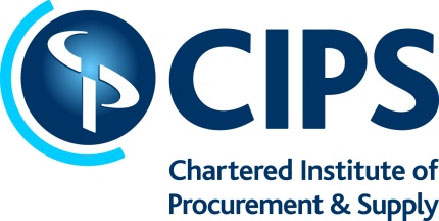
• 45% of UK supply chain managers lack sufficient training
• 79% of inadequately trained supply chain managers admit malpractice could be happening in their supply chain
• News comes as supply chain risk reaches its highest level since late 2013
The UK’s economic recovery is being undermined by a lack of training and skills in supply chain management, according to the Chartered Institute of Procurement & Supply, who have revealed that almost half of UK supply chain managers lack the skills necessary to do their jobs. In a survey of 460 supply chain professionals, 45% said their employer has not equipped them with requisite training, with an overwhelming 60% feeling the profession is not respected within their business.
Even the smallest businesses can operate complicated global supply chains. Supply chain managers in every sector manage the flow of goods and services into and around the UK. Without trained and qualified supply chain professionals, British businesses and consumers become exposed to fraud, unreliable suppliers and human rights abuses further down the chain.
The survey reveals that a core of insufficiently trained supply chain managers are failing to prevent malpractice, investigate the origin of their raw materials or follow best practice. 79% of those who consider themselves as inadequately trained supply chain professionals admit that there could be undetected malpractice in their supply chain with only 16% able to see the entire length of their supply chain. In addition, adequately trained supply chain managers are 50% more likely to be carrying out yearly supplier audits - an important way to prevent disruptions and spot fraud.
The news comes as the Q2 2015 CIPS Risk Index reveals that global supply chain risk has jumped to its highest level since late 2013. The rise has been driven by a tightening of credit rules in China which has forced supply chain managers to look much more closely at the durability of their Asian supply chains and discover more risk.
The survey also reveals that UK supply chain managers see ethical considerations as the most important responsibility of the profession. The majority (51%) say that treating human beings fairly at all levels of the supply chain is one of the top three aims of a supply chain professional, followed by meeting regulatory requirements (46%) and helping to grow their business (44%). Supply chain managers are also decreasingly concerned with driving down supplier costs. Only 7% in the survey were motivated by driving a hard bargain, with 48% motivated by the task of contributing to business growth.
David Noble, Group CEO of the Chartered Institute of Procurement & Supply (CIPS) said:
“Supply chain managers are the first line of defence for British consumers and businesses. They protect shoppers from harmful products, stop our businesses from being ripped off and keep slavery out of Britain’s supply chains.
“These new figures show that our tentative recovery is being undermined by a lack of skills. Without them, we risk building our growth on human rights abuses and malpractice abroad. Supply chain professionals are doing the best they can with insufficient training but as the threats to British supply chains continue to evolve, so skills must be continuously renewed to keep up.
“You wouldn’t trust an under skilled surgeon using outdated equipment to operate, but that is often what is happening in the management of our supply chains.”